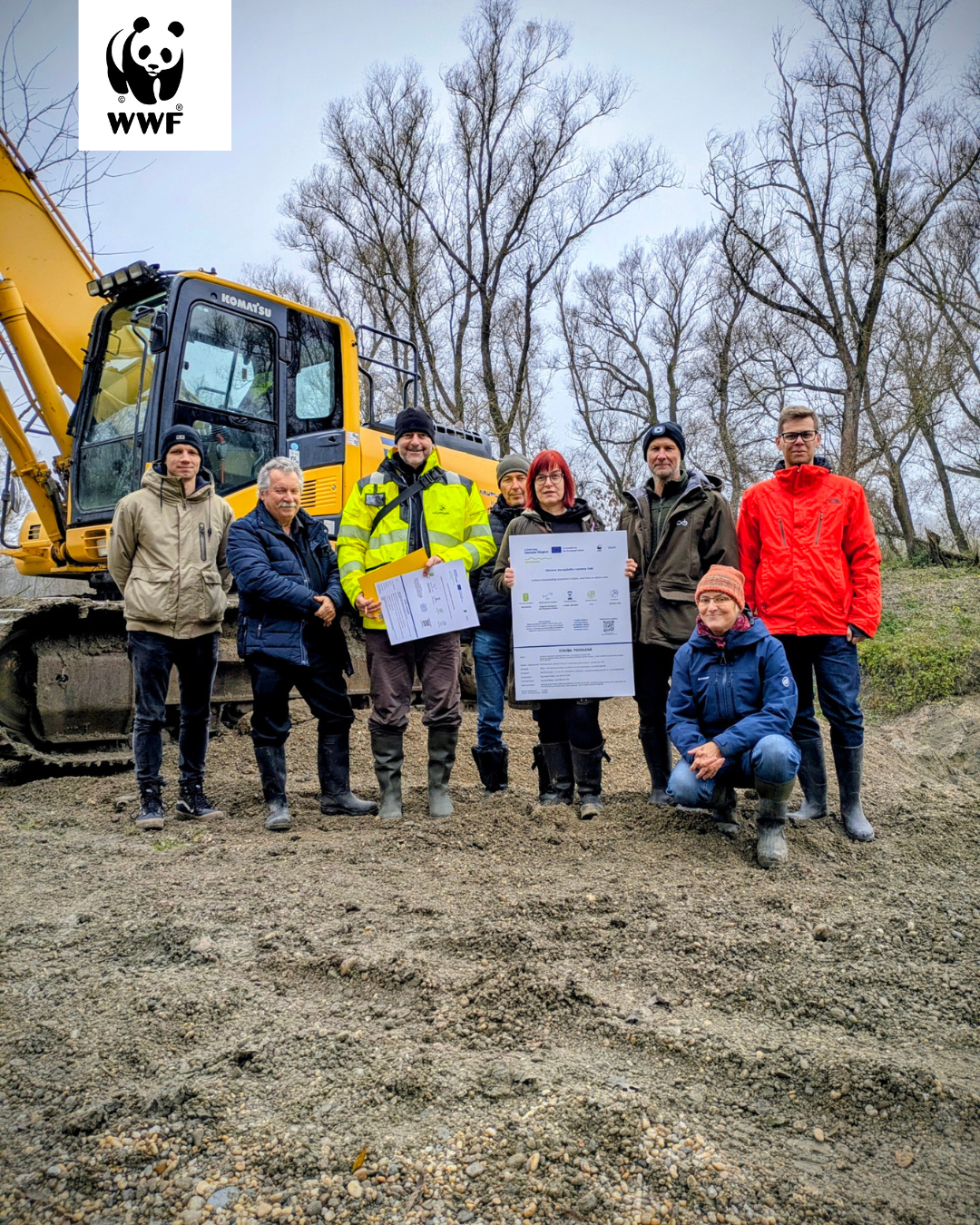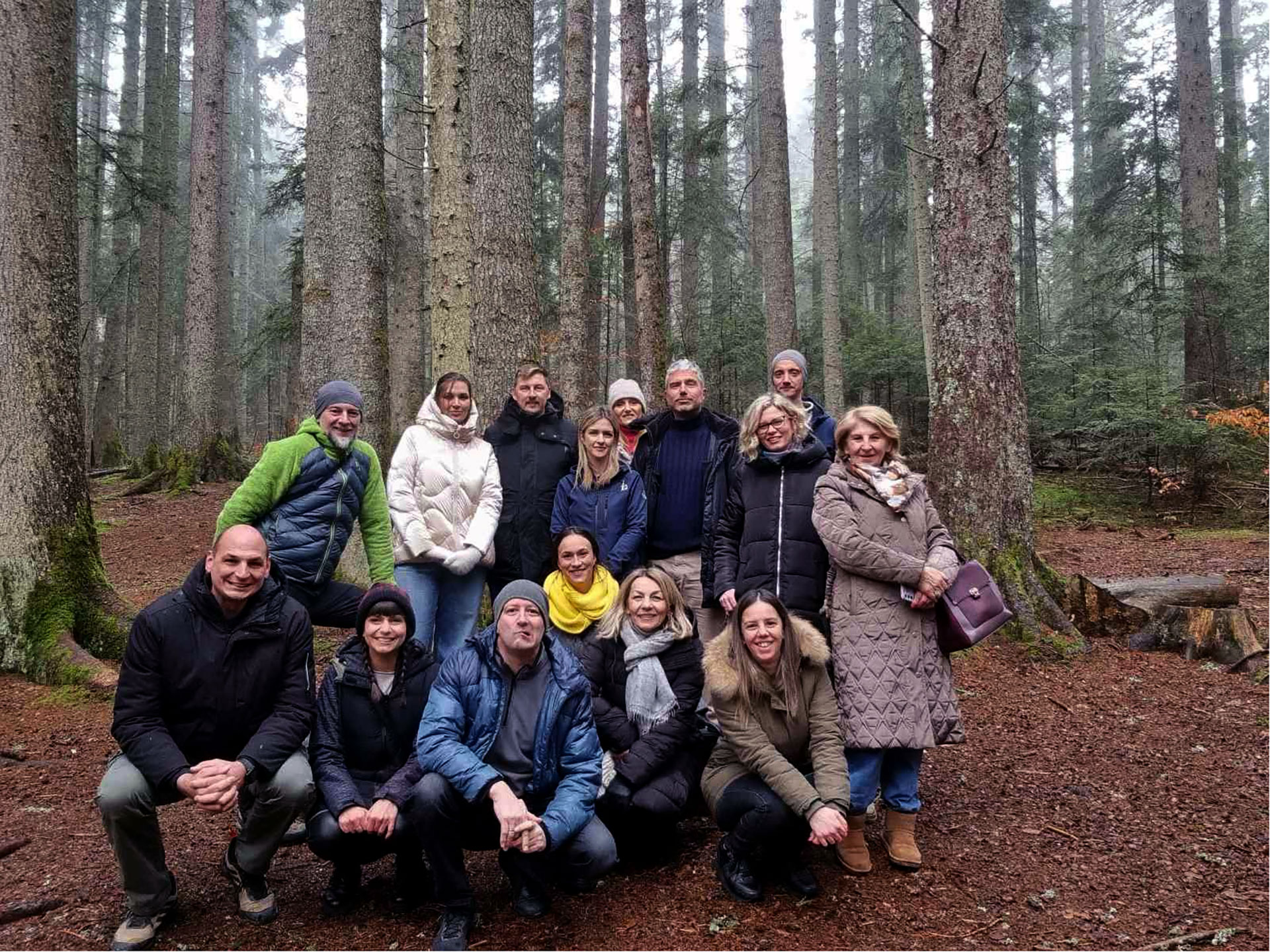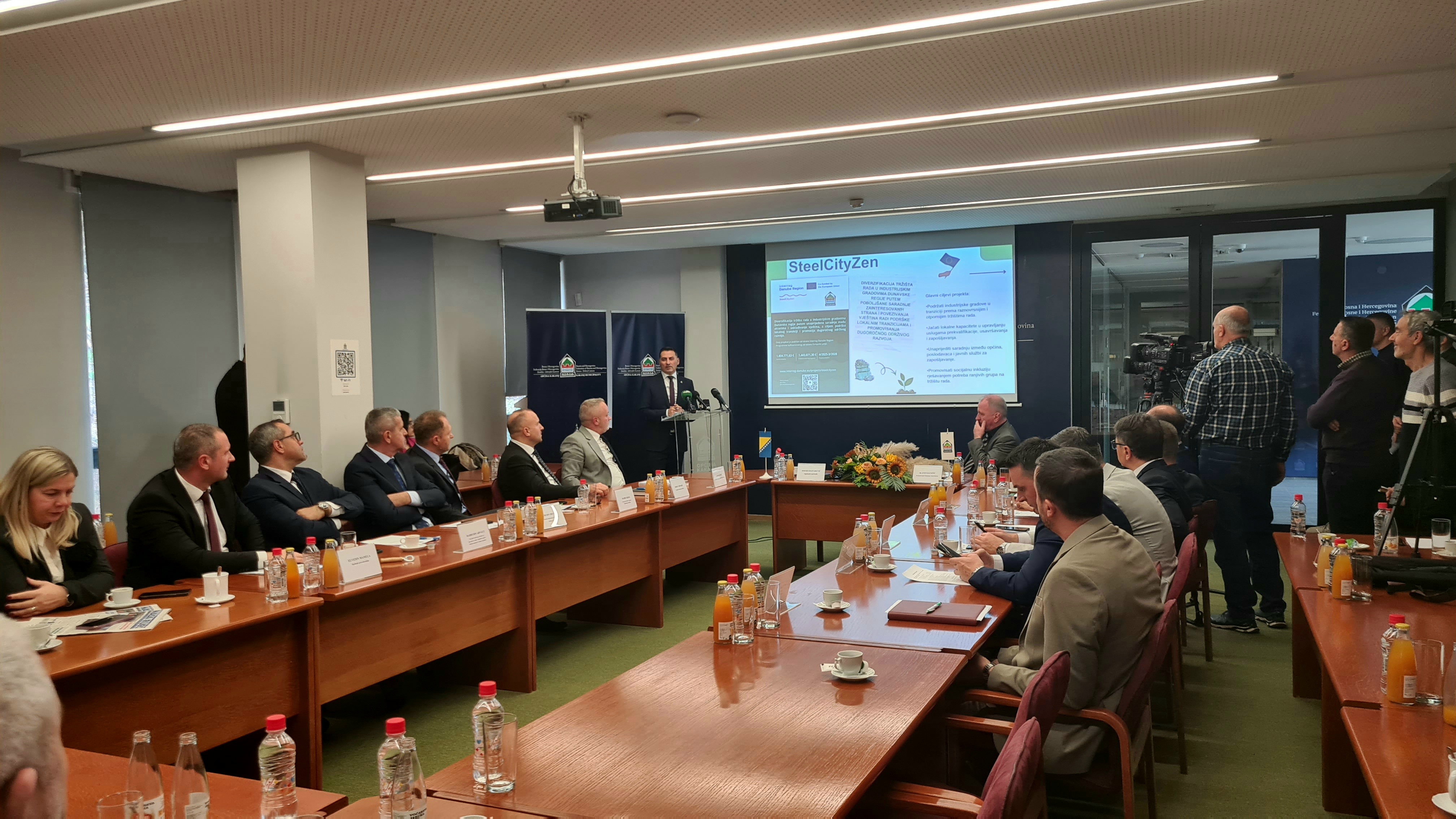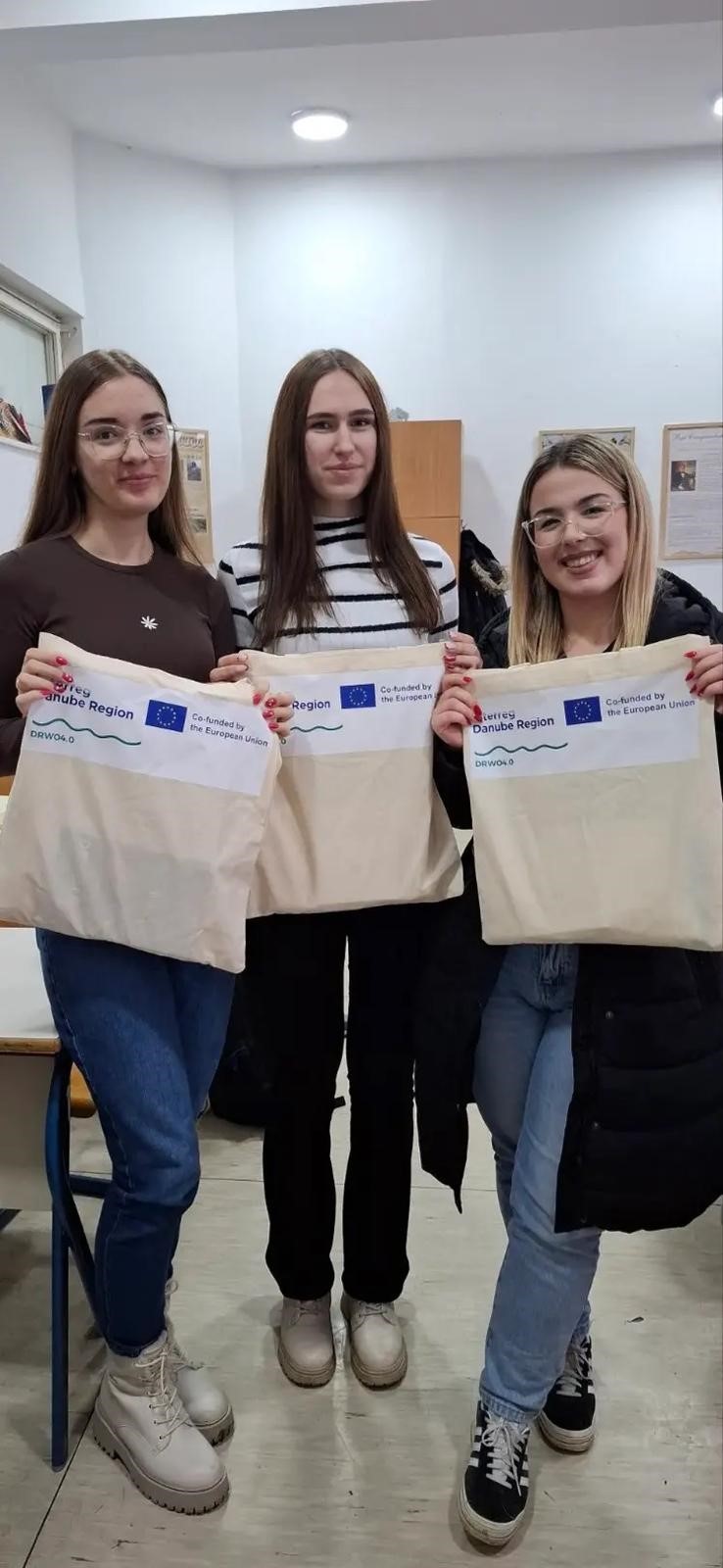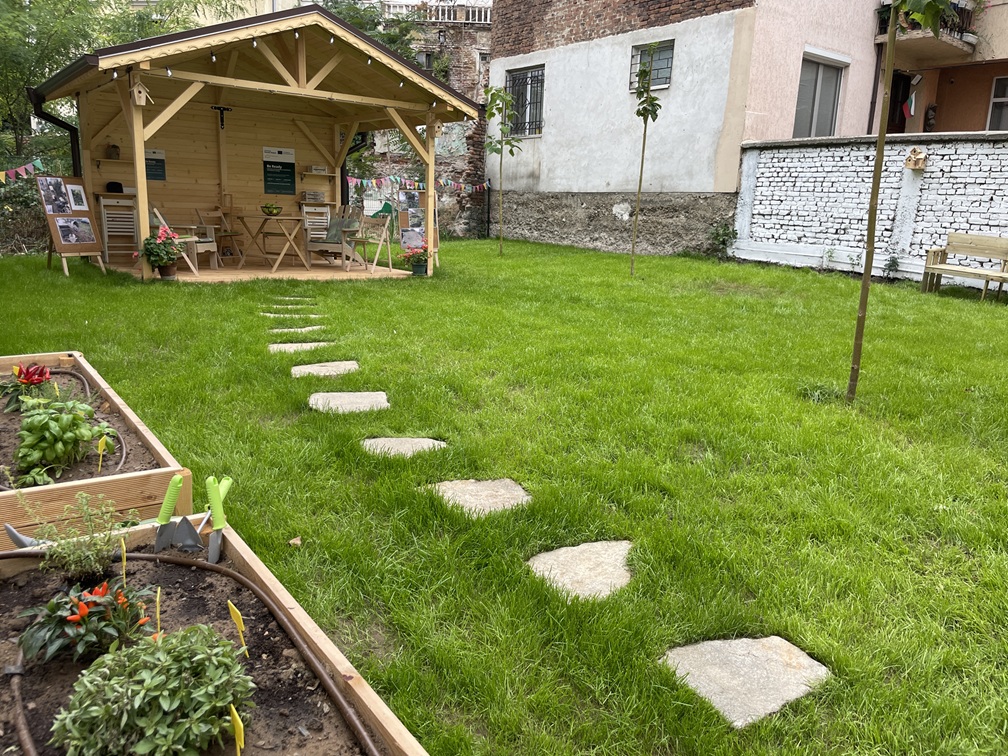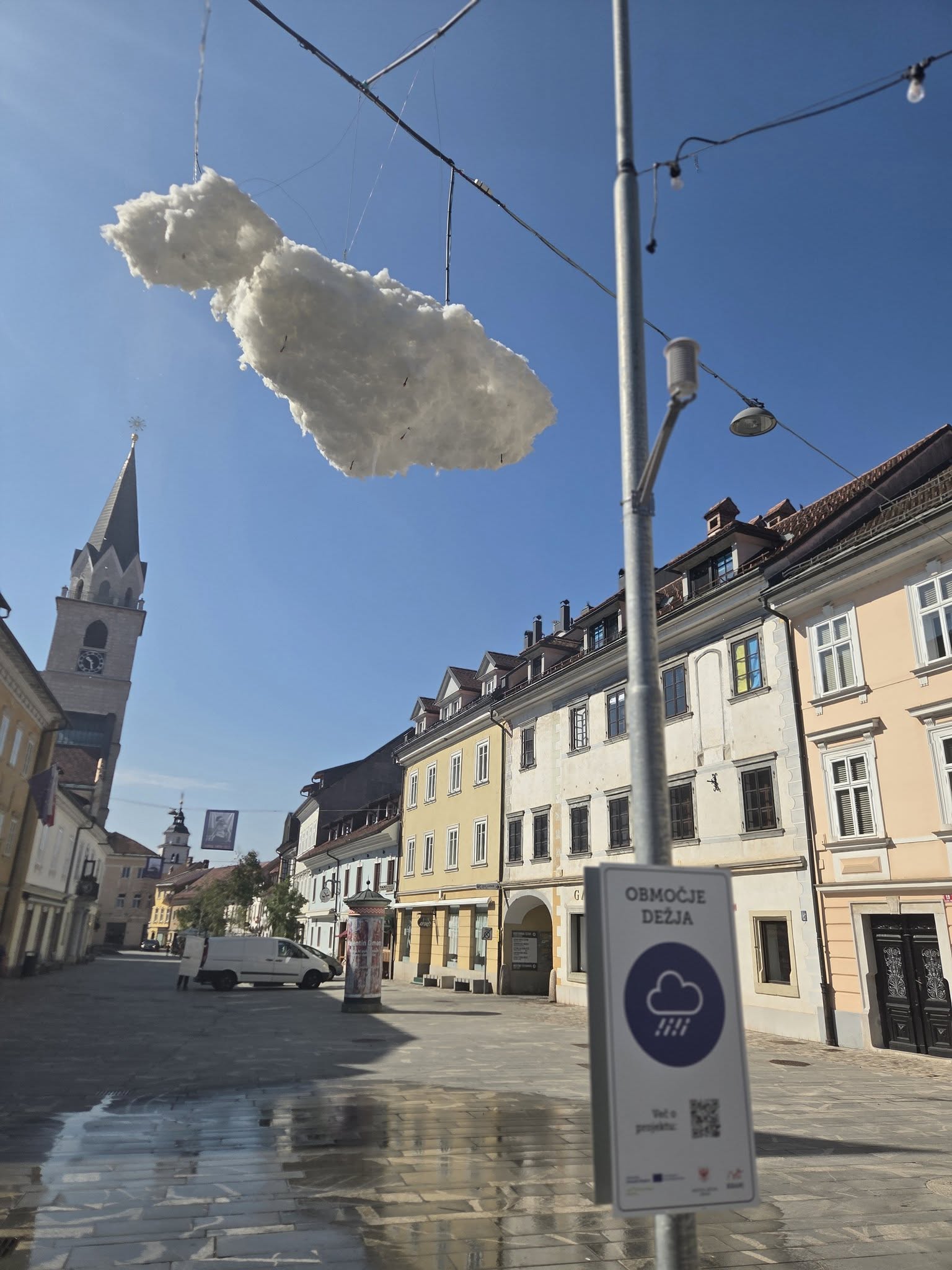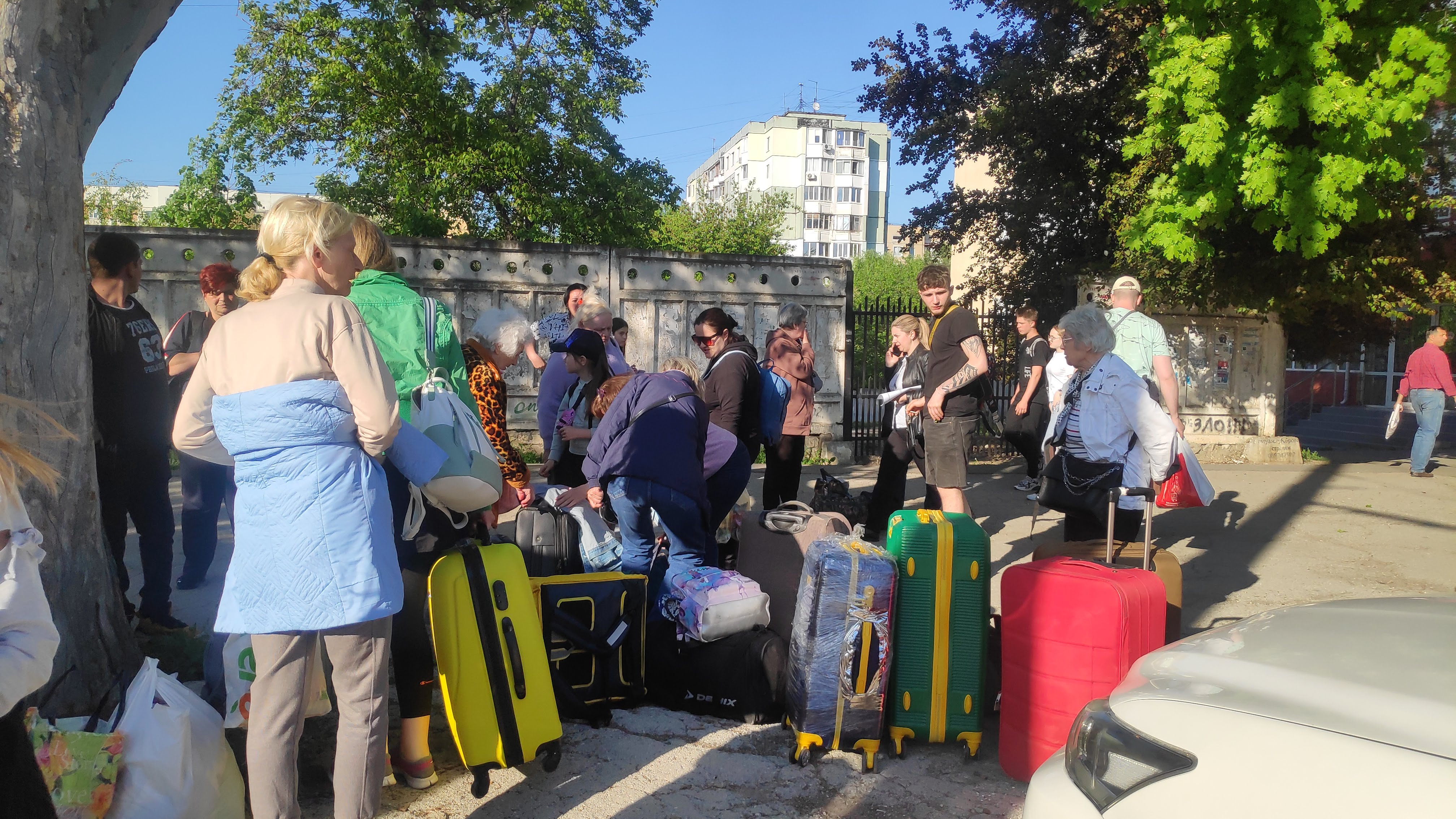
Danube Region Programme’s solidarity with Ukraine and Moldova
Supporting Ukraine and Moldova towards EU membership has been a key focus of the Interreg Danube Region Programme. Following the outbreak of war in Ukraine, the country's recovery has become a priority too. Recently, there were efforts to allocate leftover ENI funds for retroactive financing under REACT-EU to address costs linked to the ongoing humanitarian crisis in both Ukraine and Moldova.
Leftover ENI funds
The Interreg DRP Managing Authority/Joint Secretariat collaborated with the European Commission and local authorities in Ukraine and Moldova to develop a framework to utilize remaining European Neighbourhood Instrument (ENI) funds from 2014-20 programming period. As a results, by the end of 2023 and in early 2024, the DRP has allocated a total of 1,060,901.02 EUR for Moldovan partners and 976,806.70 EUR to Ukrainian partners.
In Ukraine, the leftover ENI funds were used to address urgent needs of local communities focusing on civil defense facilities, temporary accommodation, repair of shelters and dormitories, as well as reconstruction and rehabilitation of schools.
In Moldova, the DRP allocated funds to support various activities by Refugee Accommodation Centers (RACs), focusing on meeting the basic needs of refugees and aiding their integration into host communities. As of August 31, 2023, a total of 14,347 refugees have benefited from the services provided by 28 RACs.
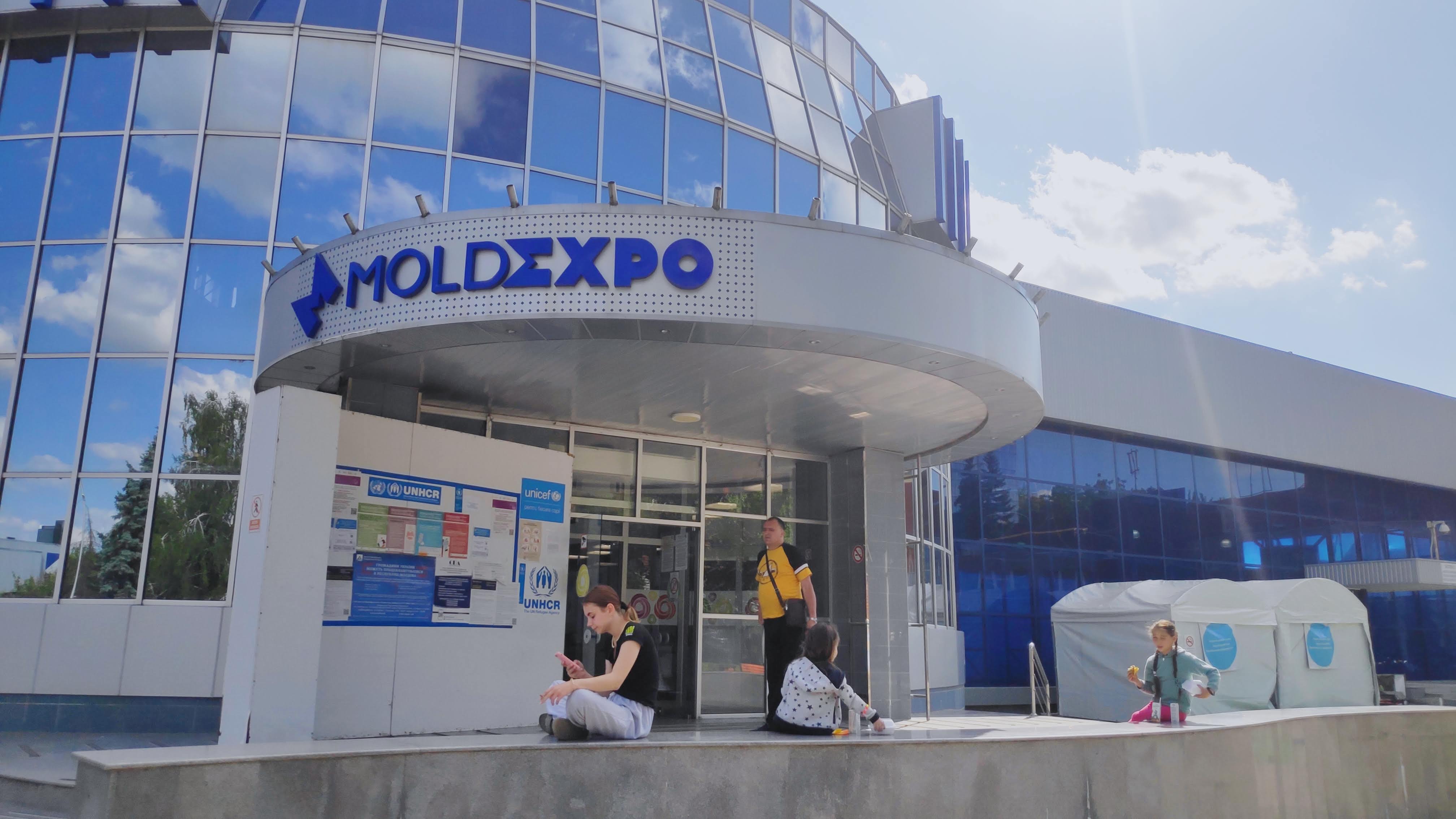
One of the 28 Refugee Accommodation Centers was established at the Moldexpo International Exhibitions Centre, offering vital support to those in need.
Key activities supported by the Danube programme in Moldova
- Expenses for materials, goods, and provision of services:
- Addressing the basic human needs of refugees, including the acquisition, storage, and management of essential goods and services. These materials encompass food, hygiene products, personal protective equipment, medications, and other items vital for the well-being and security of refugees.
- Monitoring, managing, and securing temporary refugee placement centers:
- Ensuring the safety and proper management of Temporary Refugee Placement Centers was paramount. Investments were made in center management, communal services, and training of staff to ensure a decent living environment and manage refugee flows effectively.
- Support and inclusion of refugees:
- Focusing on the integration and support of refugees within the local community. Social assistants provided necessary support within Temporary Placement Centers, promoting social inclusion and helping refugees adapt to their new environment.
- Capacity building and cooperation:
- Enhancing the skills and capabilities of those involved in refugee support and promoting collaboration among entities working towards common goals. This included technical assistance, sharing best practices, and fostering cooperation to address refugee challenges effectively.
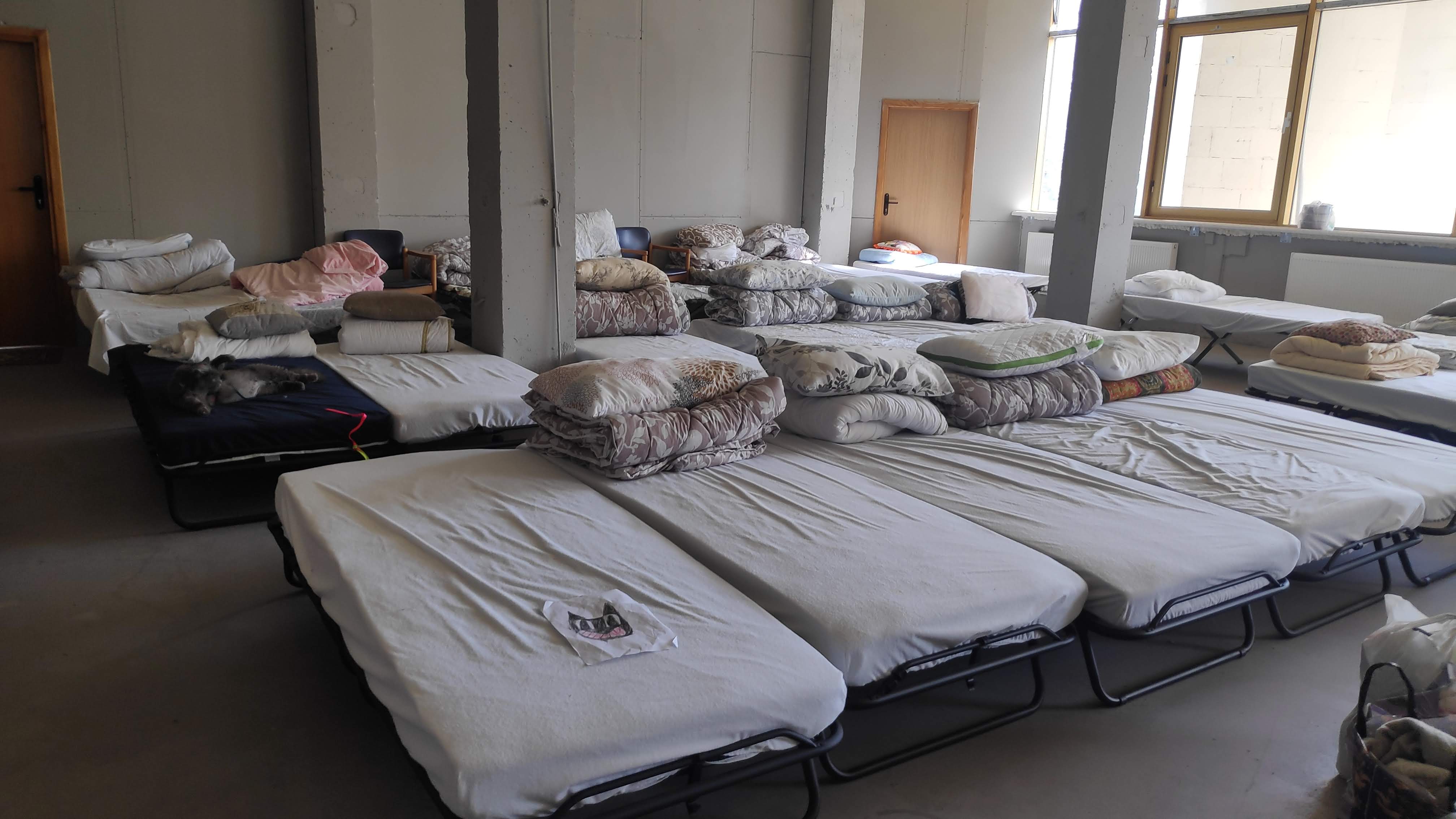
Refugee Accommodation Centers helped 14,347 refugees, thanks to ENI letfover funds from the Interreg Danube Region Programme.
News & Events
Explore our upcoming events and read news regarding our programme and project activities.
